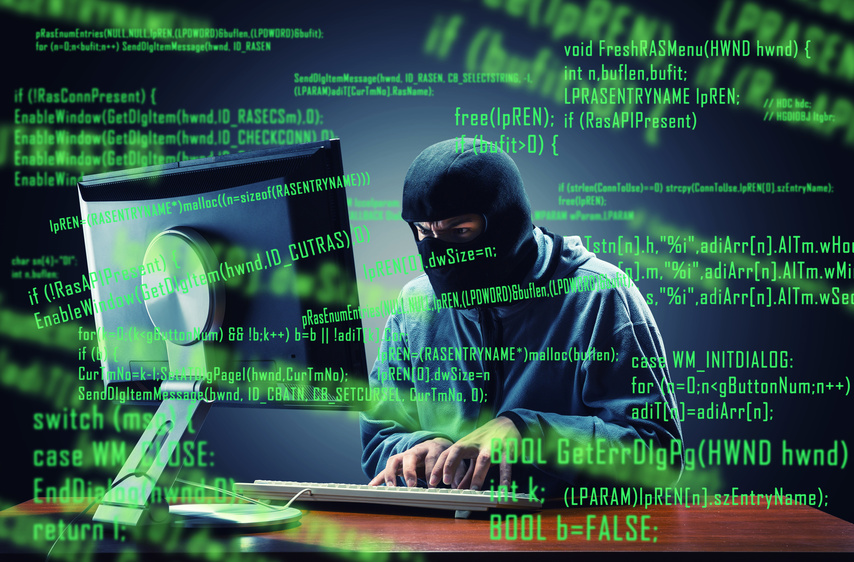What is computer hacking?
The technical world refers to hacking as the art / means of gaining unauthorized access to computers and mobile devices that are connected/not connected to the internet via conventional/unconventional means.
What kind of things can be hacked?
Computers, tablets, mobile phones, online social media accounts (Facebook, Twitter, Instagram, etc), web applications. These days, cars and iOTs (internet of things, also known as Household items that have access to the internet).
Can I be hacked even when I am not online?
Yes. Your social media account can be compromised even when you are not online. It could be as a result of what you did while you were online sometimes in the past.
What do I need to do to avoid being hacked?
- Keep your devices up to date: Please do not ignore or cancel updates when they are pushed to your computers or mobile devices. Do well to install them. In the technical world, they are generally referred to as patches and are very vital if your device must have a chance to survive a cyber attack from hackers.
- Get your password(s) right: A rule of thumb is not to use anything simple that one can easily guess. Rules for setting a good password:
- Don’t use your name –first name, last name, other names, nickname or close family’s / friend’s name.
- Do not use your date of birth.
- Do not use dictionary words. E.g man, orange, complication.
- Do not write your passwords on paper or store them on your phone/computer.
- Make sure your password is at least 8 characters, 12 is better though.
- Make sure your password contains special characters (e.g ?,! +,*), small letters, capital letter and numbers. E.g gkrPJ04!<> (please don’t use this)
- Change your passwords every 90 days.
- Don’t reuse passwords. That is to say, if I used a password before and changed it, I should not use it again
- Avoid download and installing executable files that are from untrusted sites, like torrent sites.
- Avoid visiting questionable sites.
- Be alert and smart when installing browser plugins, shareware, freeware, etc. Make sure to see if they have some free apps attached. A very common example is browser search plugins. Totally ignore installing these appendages.
- If you receive a link via Facebook, Email, Whatsapp, etc asking you to log in with your credentials or a link purportedly sent by your bank asking you to enter your internet banking details, Credit/Debit card details, reject it and delete the link.
- Active two-factor authentication for your online accounts. At least this option would allow you know when someone attempts a login on your account.
- Very Important. Get an excellent Endpoint Protection for your device (Not just an Anti-virus).
What can I do in case I suspect my online accounts have been hacked or I have actually been hacked?
- If you have used another device to access the hacked account recently, log in with your device and reset your password quickly.
- If you have always used your device to access your account and you got hacked, log in with another trusted device and reset your password quickly.
- Then get your device checked by a computer security expert. You can also update your device firmware and install patches. If you have an Endpoint Protection on your device, do a comprehensive scan of your device and take out suspicious files.
- If you do not have an endpoint protection, try to get one as soon as you can. Interestingly these days, you can get endpoint protection for Android, iOS devices.
If you want more information and would like to be prepared for Cyberattacks or if you want a Cyber Security Expert to do a vulnerability assessment on your network and or devices, do not fail to contact us at trostechnologies.com or send an email to [email protected] or call us up via +234 (0) 705 682 5077, +234 (0) 815 088 6691.


